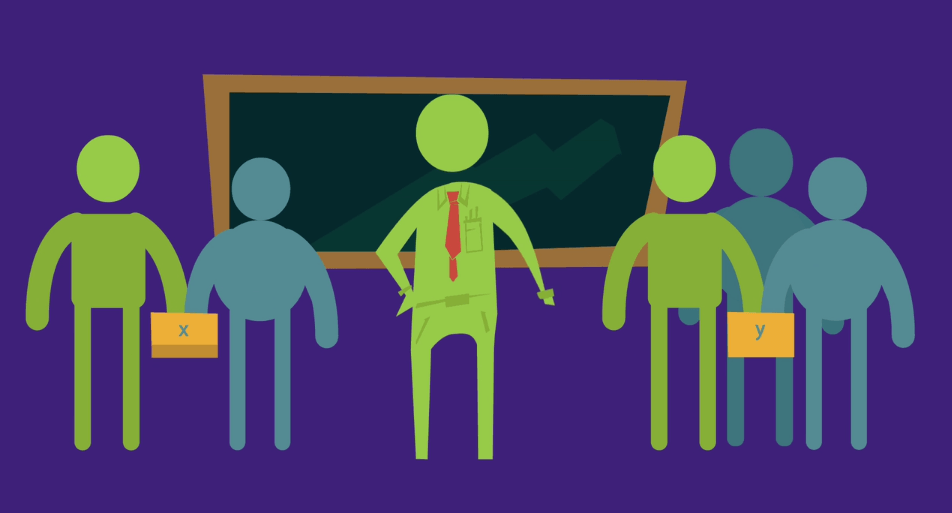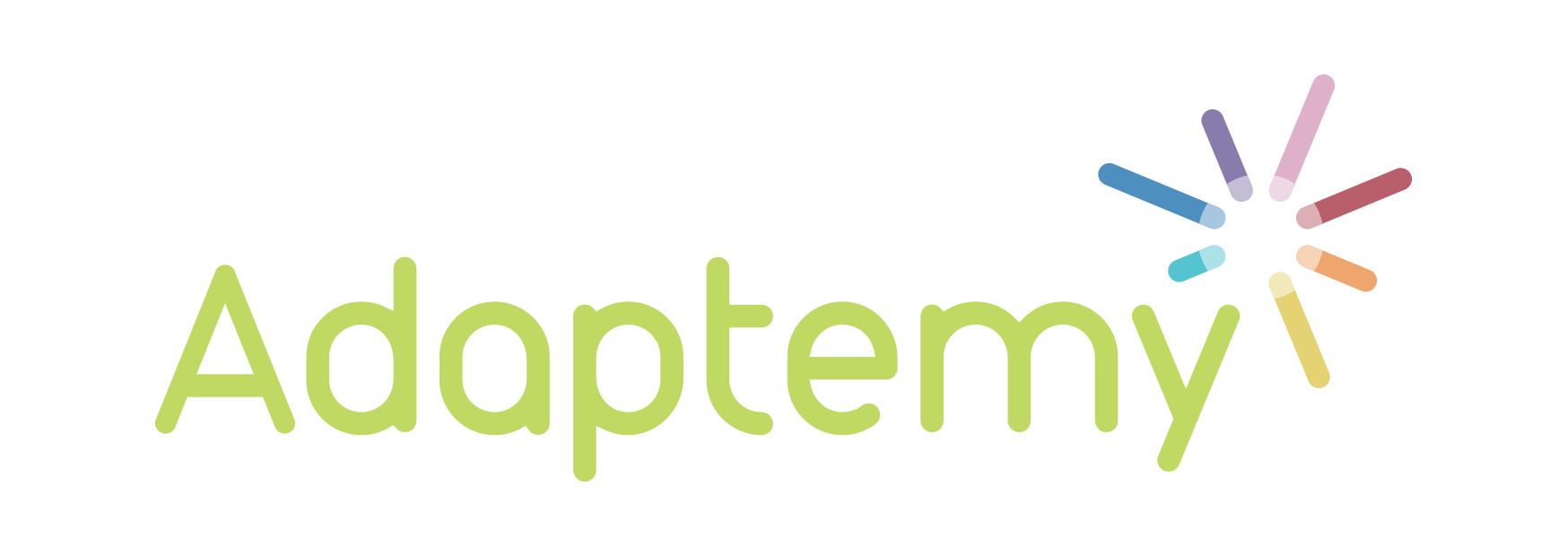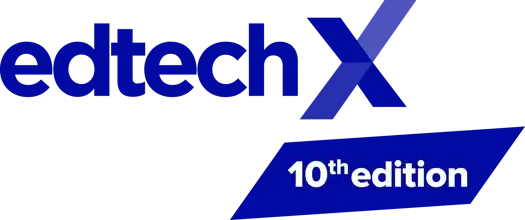
Although EdTech is an ever-expanding field in which innovative developments are being made at an increasingly fast pace, one of its most exciting areas is adaptive learning. Adaptive learning technologies are changing education in order to ensure that every student receives the level of attention that could previously be attained only during expensive one-to-one sessions with private tutors. Such sessions provide students with the full attention of an experienced educator who is intimately familiar with their educational abilities, challenges, and progress, creating a fully personalised learning experience that has traditionally been absent from many classrooms due to limitations such as time constraints and a lack of information. The primary role of adaptive learning technologies is to bring this level of personalisation to every classroom by empowering teachers to deliver their attention where it is needed most.
Adaptive learning solutions achieve this goal by personalising the content and feedback that is provided to each student and collecting data about their performance. Reporting this data in real time allows teachers to identify students who are in need of assistance throughout each session and provide their help where it is needed most, empowering them to make the most of their time and expertise. This level of personalisation is comparable to that achieved during the private tuition sessions described above. Additionally, long-term reports encourage teachers to personalise their teaching over longer periods of time.
Adaptive learning solutions integrate seamlessly into the classroom, as illustrated by the statement of one teacher who adopted this type of technology into her classroom that “[her] teaching and the Adaptemy programme work very well together” and that weekly adaptive learning sessions gave “a reinforcement of what’s going on in class”. While providing students with personalised content and feedback is an important step in the repersonalisation of education, an additional advantage of adaptive learning is its ability to empower educators to personalise how they teach. The role of the teacher in interpreting and acting on the data collected by these systems is vital to the successful repersonalisation of education.
However, as I emphasised in my last post, many educators believe things about EdTech that are simply not true. The most common misperception about adaptive learning solutions is that they will eventually disempower or even replace teachers as providing students with personalised content and feedback discourages collaboration with other students or with the teacher. Teachers whose only purpose was to enroll students on the system and deal with technical difficulties as they arise would be disempowered and eventually replaced as technological advancements made even these resposibilities unnecessary.
This belief may lead teachers to attempt to differentiate material themselves or adopt EdTech solutions that are more teacher-focused in order to avoid becoming disempowered or replaced at the hands of adaptive learning solutions. However, as illustrated above, the repersonalisation of education requires that both content and instruction be tailored to the needs and ability levels of each student. Adaptive learning solutions empower teachers to fulfil each of these requirements with ease, and as such educators who do not adopt these technologies will find it more difficult to deliver truly personal learning experiences to their students.
Adaptive learning solutions are repersonalising education by empowering educators to teach with a level of attention and knowledge that was previously reserved for private tuition sessions. As such, engaging with EdTech’s most exciting area is vital to providing every student with the education that they deserve. Tweet us @adaptemy and let us know your thoughts on adaptive learning!


